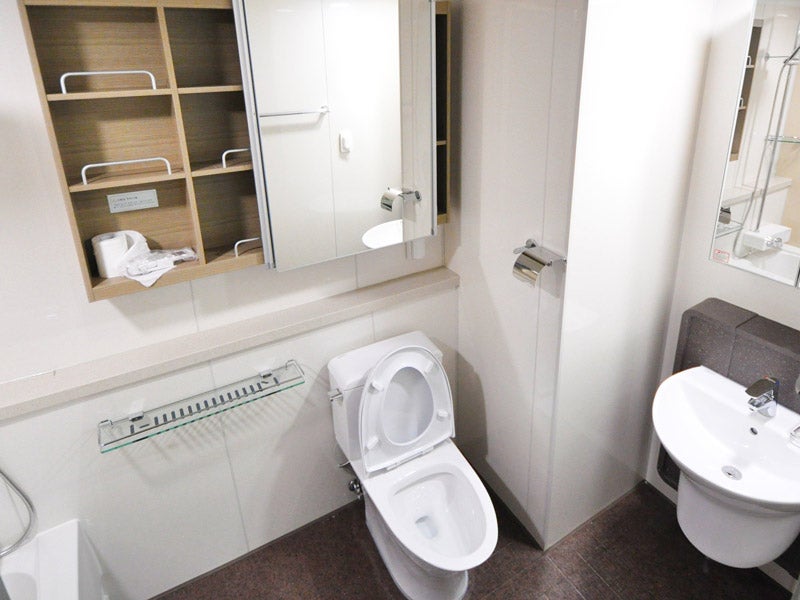Things You Shouldn’t Flush Down the Toilet

You are having a housewarming party and have invited dozens of friends. Some of them are single, and some are married. The men folk are in the backyard, cooking up a storm on the grill, and the women folk are inside the house with their kids. When the party ends, you hug your friends, thank them for coming, and waive as they reverse from the driveway.
After a few days, you notice that the toilet in your bathroom is not flushing properly. Water seems to be accumulating in the bowl at an alarming rate. You pour a cup of hydrochloric acid down the toilet, and the problem seems resolved. A week later, the toilet bowl starts filling up again, and when you press the flush lever, it overflows with sewage water.
You step back in surprise as dirty water touches your feet, and a nasty smell permeates the air.
Enough is enough! It’s time to call for emergency plumbing services in Old Bridge and find the cause behind the clog. The plumber in East Brunswick uses video inspection to determine the nature of the blockage, and he finds a treasure trove of unflushable items.
He then says, “There are three things that belong in the toilet – toilet paper, urine, and feces.” In other words, the three Ps: Paper, pee, and poo.
Following is a list of things you shouldn’t flush down the toilet or let anyone else do:
Paper Towels and Tissues
Surprised these made it onto the list and are first in line. While toilet paper is specifically designed to break down in water, paper towels and tissues are not. Flushing these items causes backups and overflows.
Wet Wipes/Cosmetic Wipes
Many people use wet wipes for personal hygiene. Though used in the bathroom, they belong in the dustbin. They lead to fat build-ups, called fatberg, which negatively impact the sewer line significantly.
Feminine Hygiene Products
Tampons, pads, and other feminine hygiene products should not be flushed down the toilet. These items can expand when they absorb water, choking the sewage line.
Dental Floss
Dental floss is made of nylon or Teflon, making it non-biodegradable. It easily wraps around other materials in your plumbing, leading to blockages. Moreover, they can travel down the septic line, wrap around the tank, and cause the motor to burn out.
Medication
Flushing medication down the toilet can have harmful effects on the environment. Wastewater treatment plants are not designed to remove pharmaceuticals, and these substances can end up in water bodies, affecting aquatic life.
Follow proper disposal methods instead, such as using drug take-back programs or mixing medications with unpalatable substances and throwing them in the trash.
Cotton Balls, Q-Tips, and Swabs
Cotton balls and swabs may seem harmless, but they don’t break down easily in water. In fact, they clump together and form an unbreakable bond.
Cigarette Butts
The filter of a cigarette butt is made of cellulose acetate. It includes nicotine, hundreds of toxins, and carcinogens that pollute waste water and make it difficult for wastewater filtration systems to remove the chemicals.
Hair
Hair doesn’t dissolve in water and can easily accumulate in drains, contributing to clogs. Consider using a drain cover to catch hair and dispose of it in the trash.
Cooking Grease and Oil
No sane person would flush cooking grease or oil down the toilet, but we can understand if you were served Rachel’s English Trifle. Just kidding! It’s still a big NO.
Over time, grease solidifies and creates obstructions in your plumbing. It’s best to let grease cool in foil paper and then throw it in the kitchen trash.
Chewing Gum
Chewing gum is a cohesive substance, somewhat like glue. It gets stuck to the pipe, narrowing the opening and slowing wastewater flow.
Band-Aids
Made of non-biodegradable plastic, band-aids have no place in the toilet. They, too, can form a clump and lead to a blockage that builds slowly over time.
Cat Litter
Cat litter with waste contains Toxoplasma gondii. This is a parasite that compromises your immune system. Since it cannot be filtered at wastewater plants, you put the lives of the facility’s operators at risk.
Condoms
Condoms don’t break down in water. In fact, they maintain their shape and form a nasty ball in the sewage pipe.
Diapers
Diapers, too, absorb water much more than sanitary pads. Since they are bigger in size, the damage they cause is substantial, leading to costly plumbing repairs. If you are worried about their smell, use a diaper pain to dispose of them.
Bleach
Some people use bleach to clean their toilets, which is a disastrous mistake. The solution is extremely corrosive and releases toxic fumes when it reacts with the pipes.
We are assuming that you know about the effects of small toys or orbeez in the toilet. So, make sure that your toddler doesn’t venture into the bathroom on their own.
Pro Tip: Invest in a good-quality plunger. It’s a handy tool for clearing minor clogs. Ensure a tight seal around the drain and use firm, consistent plunging motions.
In conclusion, to ensure that your toilet stays clog-free, avoid throwing in items that absorb water, are non-biodegradable, and produce toxic fumes.
Call Bob Hoegler Plumbing LLC. for Emergency Plumbing
When it comes to a clogged toilet, there’s no time to waste. A blocked toilet can be a major inconvenience and a source of frustration. If you are dealing with a stubborn clog that just won’t budge, it’s time to call in the professionals – Bob Hoegler Plumbing LLC. Our plumbing service East Windsor, provides swift and effective solutions to get your toilet back in working order.
Upon arrival, our plumbers will assess the severity of the clog and identify the best course of action. This may involve using specialized cameras to inspect the pipes and pinpoint the exact location of the blockage.
We don’t just fix the immediate problem – we also provide recommendations for preventing future clogs. For more information, visit our website and browse our plumbing services. Call today at 732.595.2078.
RECENT POSTS
categories
Archives
2024
2023
2022
2021
2020
2019
- December (2)
- November (2)
- October (2)
- September (2)
- August (2)
- July (2)
- June (2)
- May (2)
- April (2)
- March (2)
- February (2)
- January (2)

